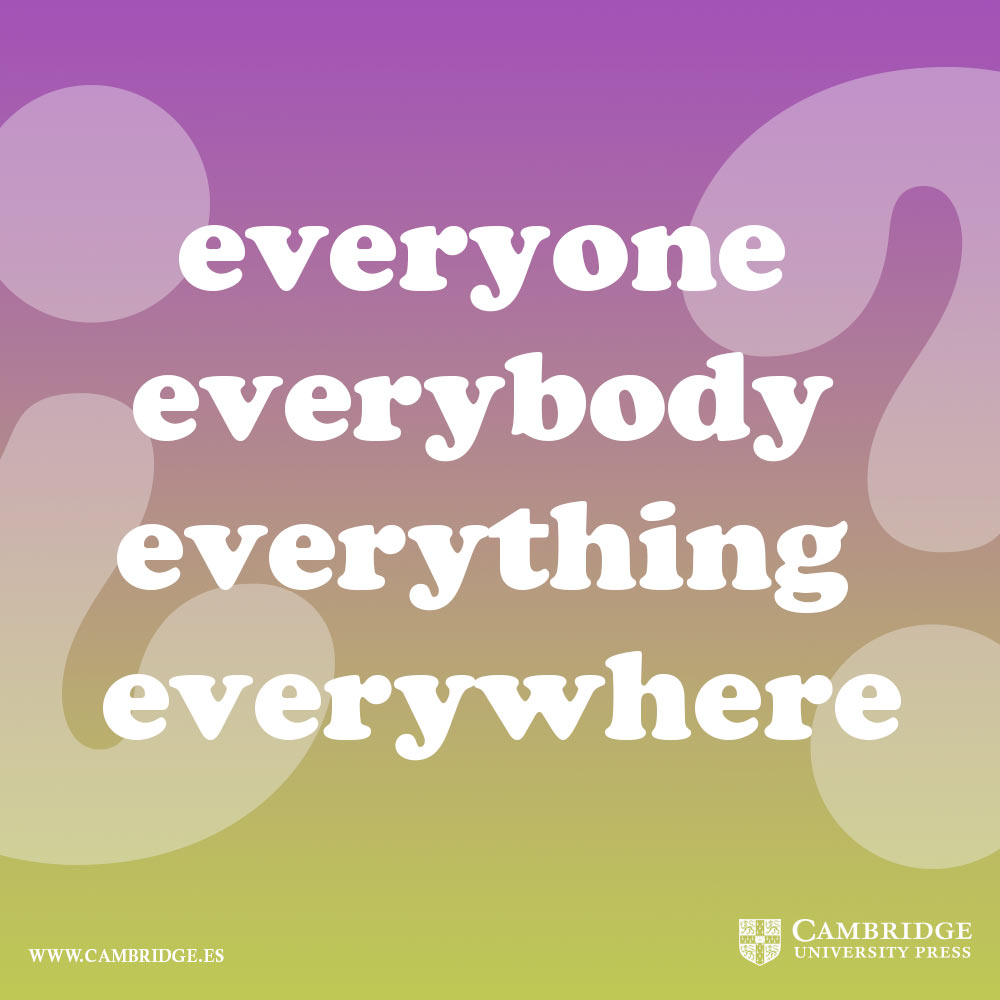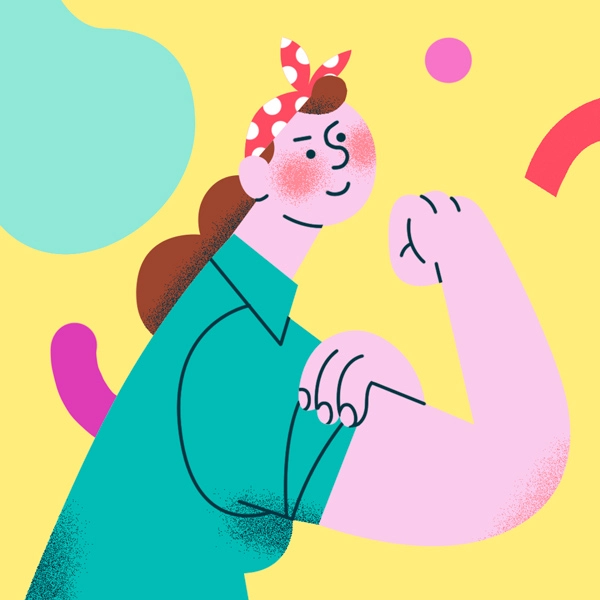Aprendamos la diferencia entre Everyone y everybody, everything y everywhere. En inglés, los pronombres indefinidos como «everyone,» «everybody,» «everything,» y «everywhere» se utilizan para referirse a personas, cosas o lugares en general. A pesar de su uso similar, es esencial entender las sutilezas entre ellos para evitar errores comunes.
Usamos todos ellos para referirnos a un total de personas, cosas o lugares. Se escriben como una sola palabra:
His name was Henry but everyone called him Harry.
All your clothes are clean. I washed everything yesterday.
The sand got everywhere, into eyes, hair, tents, cups of tea, camera lenses.
Usamos everyone, everybody, everything y everywhere con el verbo conjugado en singular.
Everybody knows the truth.
At night, with the lights shining on the water, everything looks different.
We couldn’t get a seat. Everywhere was so crowded.
Cuidado:
Nunca añadimos s a everything para formar el plural.
Children can buy everything they want.
No: Children can buy everythings they want.
Cuando nos queremos referir a everyone o everybody y no sabemos si everyone se refiere a un grupo femenino o masculino usamos him or her y his or her. De una manera más informal, podemos usar pronombres en plural como they, their y them:
Everybody has a team leader in charge of him or her.
Not everyone has his or her own desk.
Everyone has to climb to the top. When they get to the top, they have to blow their whistle. (more informal)
Has everyone got their coats? (more informal)
Podemos usar everybody y everyone como sujeto en oraciones imperativas. Usaremos la forma base del verbo:
Everybody stand up!
Diferencia entre everyone y everybody
Everyone y everybody tienen el mismo significado. Everyone es un poco más formal que everybody. Everyone se usa más en el lenguaje escrito que everybody:
She knew everybody in the room.
Could everybody listen for a minute?
When everyone had gathered in the garden, Sergeant joined them and said, ‘Welcome, everyone!’
Errores típicos
- Separar everyone en dos palabras, a pesar de que siempre se escribe como una sola:
Twenty years ago everyone used an alarm clock that rang like a bell. (every person)
Not: Twenty years ago every one used an alarm clock …
- Normalmente no se usa ‘all people’ para generalizar sobre el ser humano, lo correcto sería:
Everyone has a right to basic freedoms.
¿Qué te ha parecido? ¿Te ha ayudado? Cuéntanoslo en Facebook, Twitter o Instagram.
Versión en inglés aquí.





